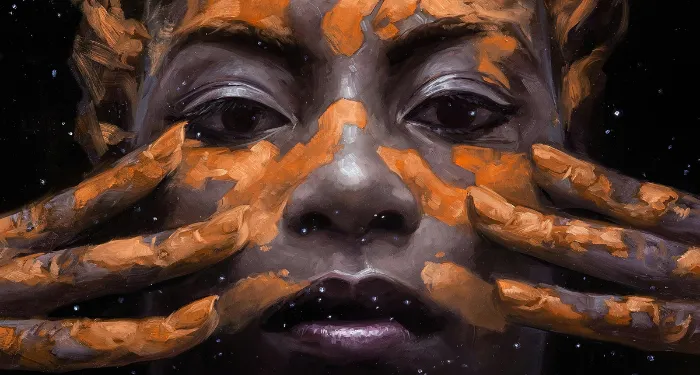
The 10 Best Hugo Award Winners to Check Out
Oh, the Hugo Awards. For the last several years, it seems they just can’t get away from controversy. From the recent political censorship to Sad Puppies, there always seems to be something amiss with the Hugos. In spite of all that, there’s still a certain prestige that comes with being named one of the Hugo Award winners, one of the highest awards in the world for science fiction and fantasy.
Named after Hugo Gernsback, the founder of Amazing Stories magazine, these awards are decided every year at the annual World Science Fiction Convention, also known as Worldcon. Members (attendees) of the convention decide on the award winners each year in categories like best novel, best novella, best graphic story, and many others. The most recent Worldcon was in Chengdu, China, while the next is happening in Glasgow, Scotland.
Since this is Book Riot, I’m keeping this best-of list to stories that appear in book form. To that end, I didn’t consider short stories or movies or video games. Novels, comics, and novellas only. Still, it was a huge task to take an already stellar list of winners and narrow it down to the top ten.
That’s what I’ve done, though: here are the ten best Hugo award winners.
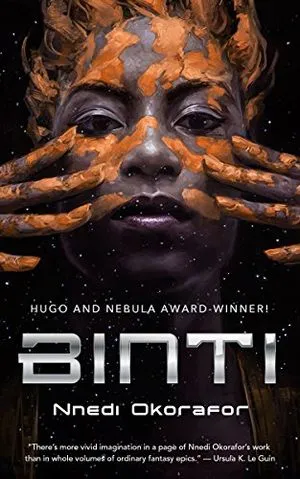
Binti by Nnedi Okorafor
Best Novella 2016
The inventor and queen of Africanfuturism won the Hugo award for her novella about a young woman named Binti, born in a small African village, who journeys to the stars. She soon finds herself in the middle of an intergalactic and inter-species war, and finding common ground might be her only salvation.
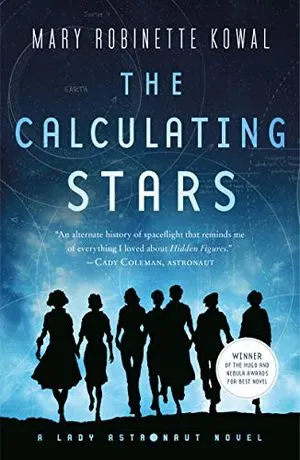
The Calculating Stars by Mary Robinette Kowal
Best Novel 2019
Historical science fiction is a pretty rare thing, and Kowal did it just right with her award-winner. When a giant asteroid decimates the eastern United States in 1952, humanity is forced into an early space race and a new kind of cold war, not because of politics, but to stave off extinction. And just because a woman might be the best option doesn’t mean the patriarchy is going to allow it.

Dune by Frank Herbert
Best Novel 1966
Dune is one of those few science fiction novels that ropes in non-sci-fi lovers, often blending into fantasy along the way. That certainly makes it one of the best Hugo winners. Its tale of interstellar politics and religious fanaticism critiques so much of our society in one go. It worked in 1966 and it works even now, as the successful new films have shown.
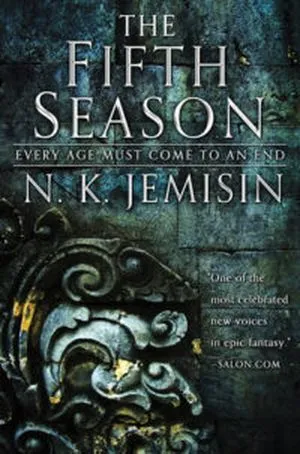
The Fifth Season by N. K. Jemisin
Best Novel 2016
Jemisin didn’t just win the Hugo Award for best novel in 2016. She also won it for the other two novels that make up her Broken Earth trilogy, a feat never done before nor since. Essun is hiding her magical nature until her husband discovers that both of their children have the awesome power. Out of fear and hate, he kills one and flees with the other. Now Essun is out for revenge that may upend the workings of the world.

The Left Hand of Darkness by Ursula K. Le Guin
Best Novel 1970
The core idea behind The Left Hand of Darkness was, “What if there was a world with no gender?” The answer was this incredible novel in which an ambassador lands on a planet where people don’t have gender except when they need to breed, and the way their geopolitics unfold is a thing of wonder.
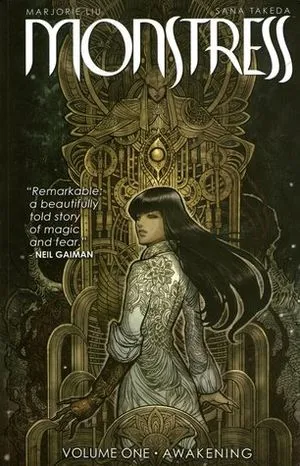
Monstress by Marjorie Liu, Sana Takeda
Best Graphic Story 2017
Here’s another book that didn’t just win once, but took home the Best Graphic Story award three years in a row, and for good reason. Maika is a teen with a link to a powerful monster. Maika is torn between two worlds, constantly at war as an Arcanic who looks human. Maika’s strange appearance and power are just part of a bigger secret, one that will keep Maika in the middle of a massive power struggle.
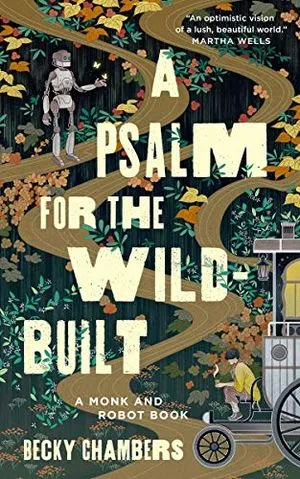
A Psalm for the Wild-Built by Becky Chambers
Best Novella 2022
This little book is one of the coziest and best Hugo winners in recent memory, in which a monk looking for more out of life wanders into the wilderness only to discover a robot. Robots and people have lived separately for a long time, but together they find common ground and common purpose in unexpected ways.
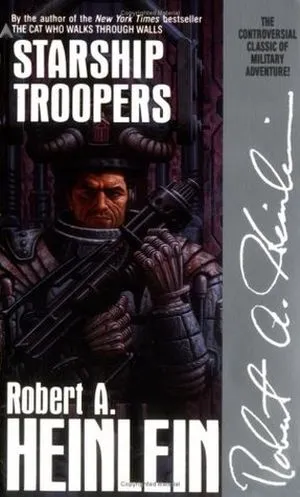
Starship Troopers by Robert A. Heinlein
Best Novel 1960
Forget the goofy movie from the 1990s, even if it did have a fascinating critique of war propaganda. Heinlein’s 1960 novel was a critique of the military-industrial complex and war in a larger sense. Humans vs. alien bugs was originally a political story, after all.

This Is How You Lose the Time War by Amal El-Mohtar, Max Gladstone
Best Novella 2020
This gorgeous novella is basically Romeo and Juliet but in a science fiction time war. Red and Blue are the two protagonists who begin writing letters to each other across time. The letters begin as taunts but soon grow into something more that threatens to upset the entire war.

The Yiddish Policemen’s Union by Michael Chabon
Best Novel 2008
Chabon’s 2008 alternative history novel imagines the United States actually implementing the Slattery Report in the 1940s and establishing a temporary refugee settlement for European Jews in Alaska after WWII. This novel paints a difficult picture of displaced people, with both Jews and native Tlingit people struggling to live together in a very different world.
I’ve certainly left out some incredible books from this list, as is the nature of making any best of. What are your favorite Hugo Award winners? Any predictions for the winners at the upcoming Worldcon in Glasgow?
Looking for more great SFF to read? Check out The Most Influential Sci-Fi Books Of All Time and The 22 Best Fantasy Books of All Time.





